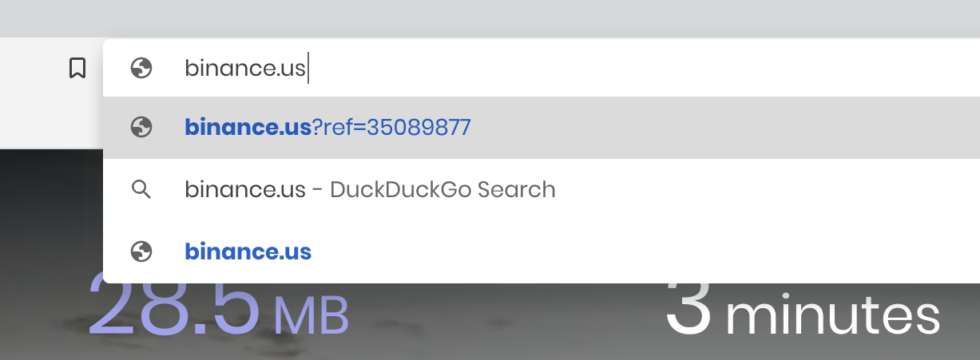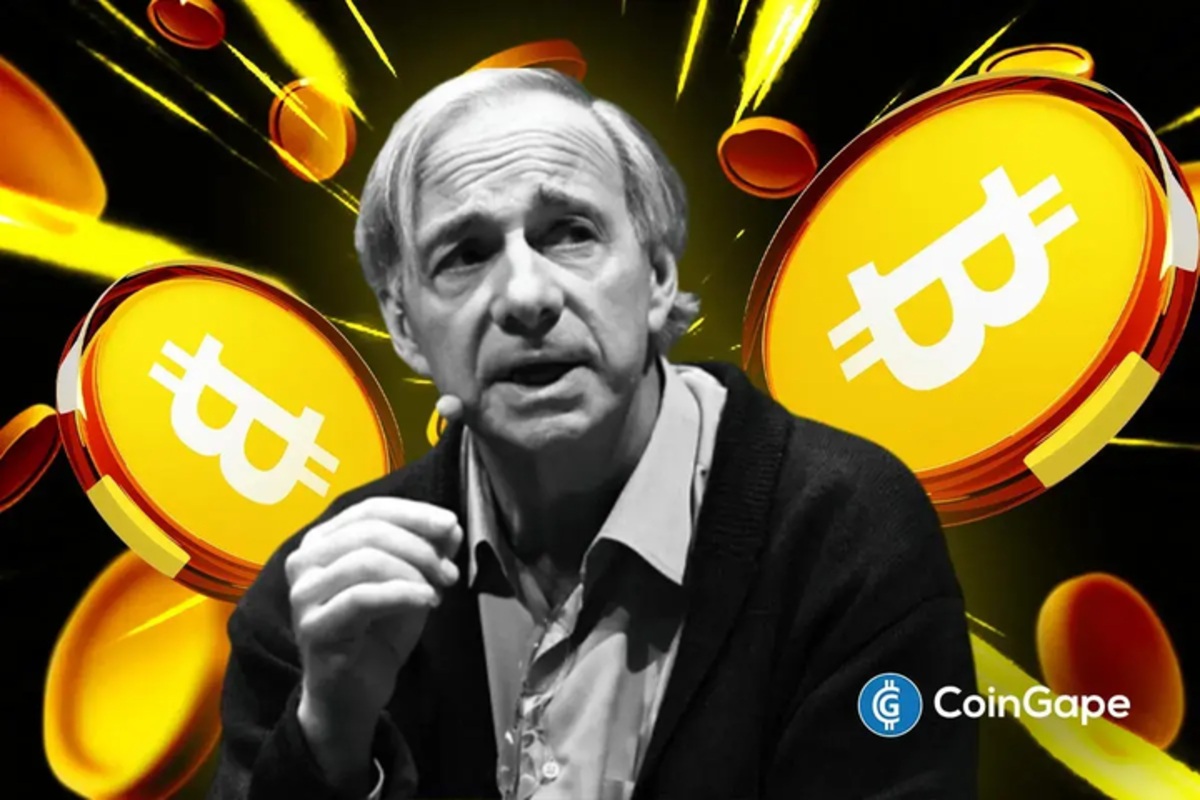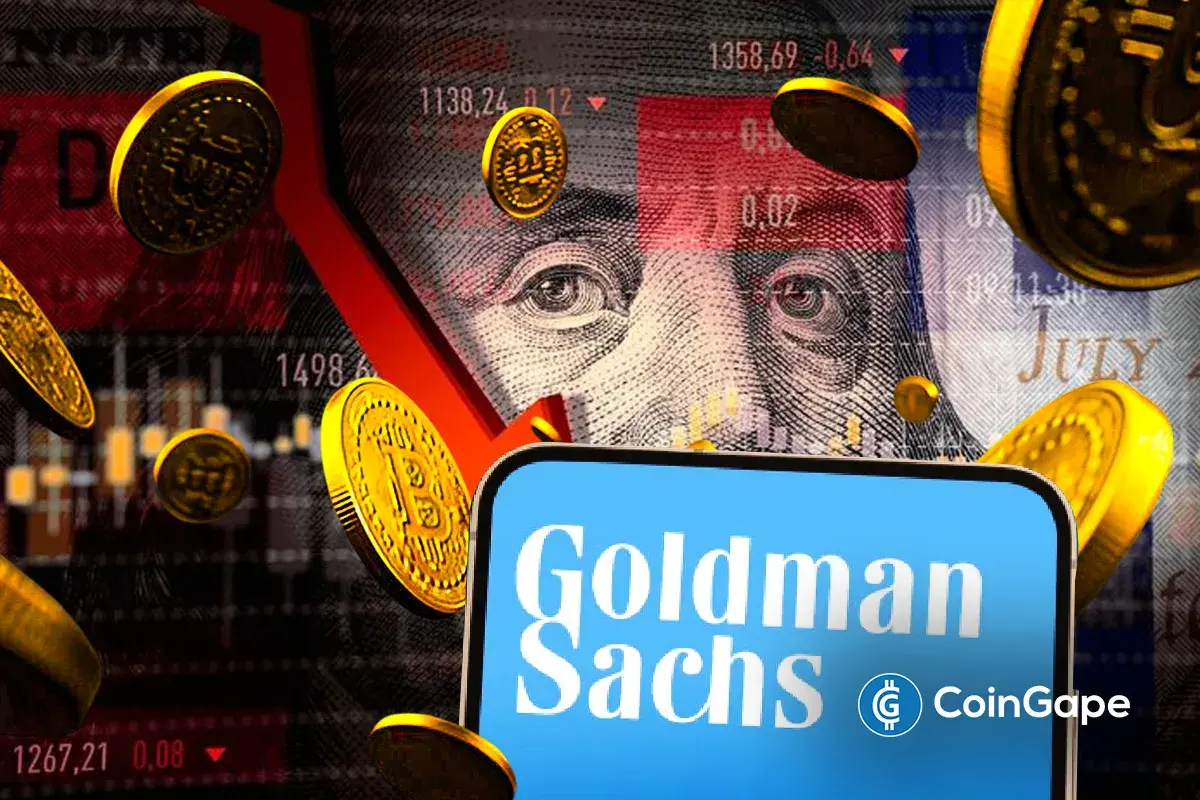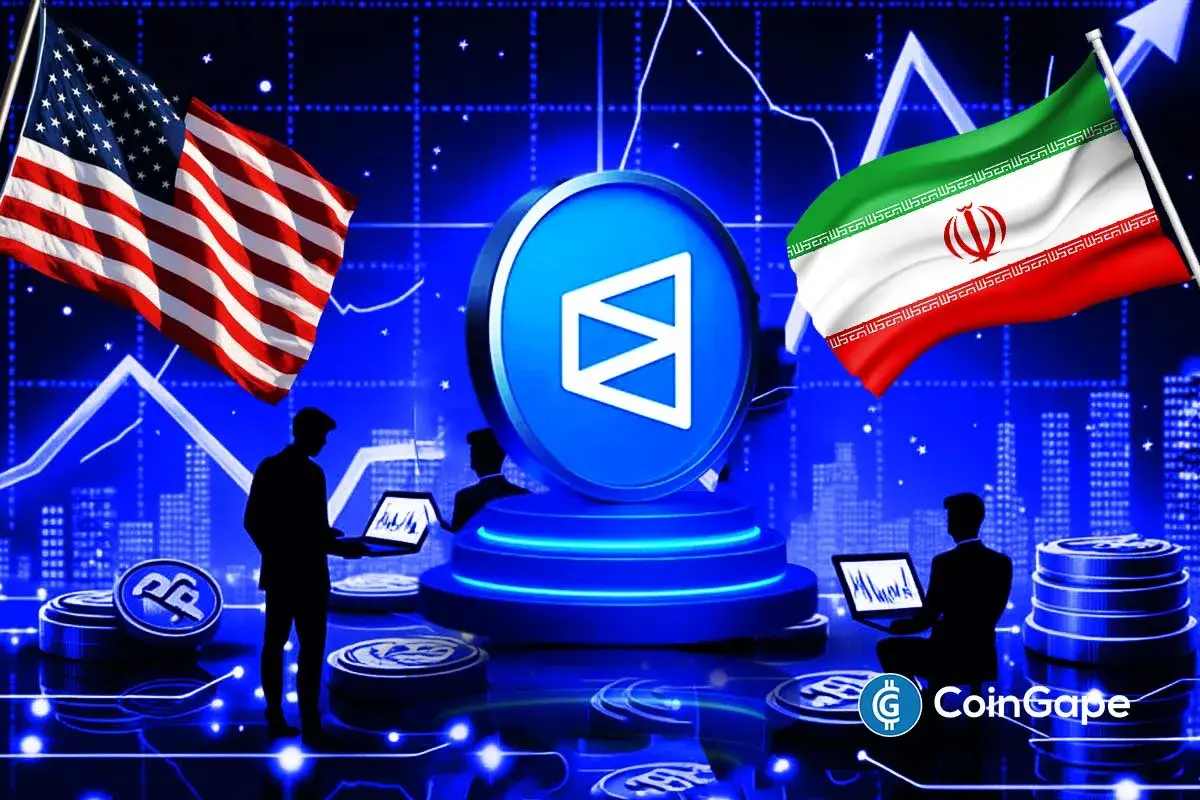Brave Browser Apologizes Amid Heavy Criticism Over Third Party Referral Links

Brave Browser was recently in troubled waters for adding affiliate links to searches of its users and redirecting them to other websites. However, the platform shed some light on the issue in its latest blog post.
Users Question Brave’s Credibility?
Just a few days ago prominent open source web browser, Brave was under the gun for the addition of affiliate links to the searches of its users. Brave browser has always associated itself with factors like opt-ins for ads, being crypto-friendly as well as upholding privacy. However, the platform was recently called out for using affiliate links without the opt-in option. A Twitter user, who goes by Cryptonator1337 noticed the same and tweeted about Brave’s mishap. His tweet read,
So when you are using the @brave browser and type in "binance[.]us" you end up getting redirected to "binance[.]us/en?ref=35089877" – I see what you did there mates ?
— Cryptonator1337 (@cryptonator1337) June 6, 2020
While users have been gaining Brave Rewards for simply opting in to receive ads, the platform had assured up to 70% of the revenue from the ad for every viewed impression. However, Brave’s recent move contradicted the platform’s protocol as the affiliate links that the users were redirected to would put money in the pocket of the Brave Browser.
Later that day, Brendan Eich, the CEO and Co-founder of the Brave Software addressed the problem through Twitter and suggested that the platform was “correcting” the mistake they had made. The tweet read,
1/ We made a mistake, we're correcting: Brave default autocompletes verbatim "https://t.co/hJd0ePInEw" in address bar to add an affiliate code. We are a Binance affiliate, we refer users via the opt-in trading widget on the new tab page, but autocomplete should not add any code.
— BrendanEich (@BrendanEich) June 6, 2020
More recently, Brave published a blog post on its official website shedding light on the issue. The platform reportedly intended to recommend alternative completions in the address bar which required the addition of “affiliate codes as well as logic.”

However, Brave had attached the affiliate code to the default completion as opposed to alternative completions. While users can manually select their option in suggested alternative completions, default completion redirects them to different websites.

The platform stressed the fact that this was nothing but a mere mistake and assured that the data of users or any personal information was not jeopardized during the process.
No Revenue Was Made
Additionally, the platform received backlash from the community for allegedly making revenue by the affiliate links that redirected users to Binance’s website. Brave, however, clarified the same in its post. The post read,
“Finally, we have checked with Binance to confirm that we will make no revenue from the unintended default URL auto-completions that added affiliate codes to the address typed in.”
Well, no doubt this is a very big mistake as whole purpose of Brave’s existence was to provide transparency. Will it affect user trust and in return the BAT token prices.
Let us know in your comments.
Play 10,000+ Casino Games at BC Game with Ease
- Instant Deposits And Withdrawals
- Crypto Casino And Sports Betting
- Exclusive Bonuses And Rewards

- “There Is Only One Gold,” Billionaire Ray Dalio Says Amid BTC’s Quantum Threats
- Goldman Sachs CEO Predicts ‘Weeks’ of Crypto Market Crash as U.S Iran War Continues
- Polymarket Axes ‘Nuclear Detonation’ Prediction Market Amid Public Fury
- Indiana Signs Bitcoin Bill Into Law Allowing Crypto in Retirement Plans
- ‘Time to Act Is Now’: CFTC Chief Pushes Swift Passage of CLARITY Act
- Robinhood Stock Price Prediction As Cathie Wood Buys $12M Dip in Bold ARK Move
- Bitcoin Price At Risk? Professor Who Predicted US-Iran War Says America Could Lose
- Gold Price Prediction March 2026: Rally, Crash, or Record Highs?
- RIOT Stock Prediction as Needham, Piper Sandler Slash Target After Earnings
- Cardano Price Outlook As Charles Hoskinson Warns Over CLARITY Act
- Circle Stock Price Climbs 15% to $96, Can Rally Continue in March 2026?

 Buy $GGs
Buy $GGs

















